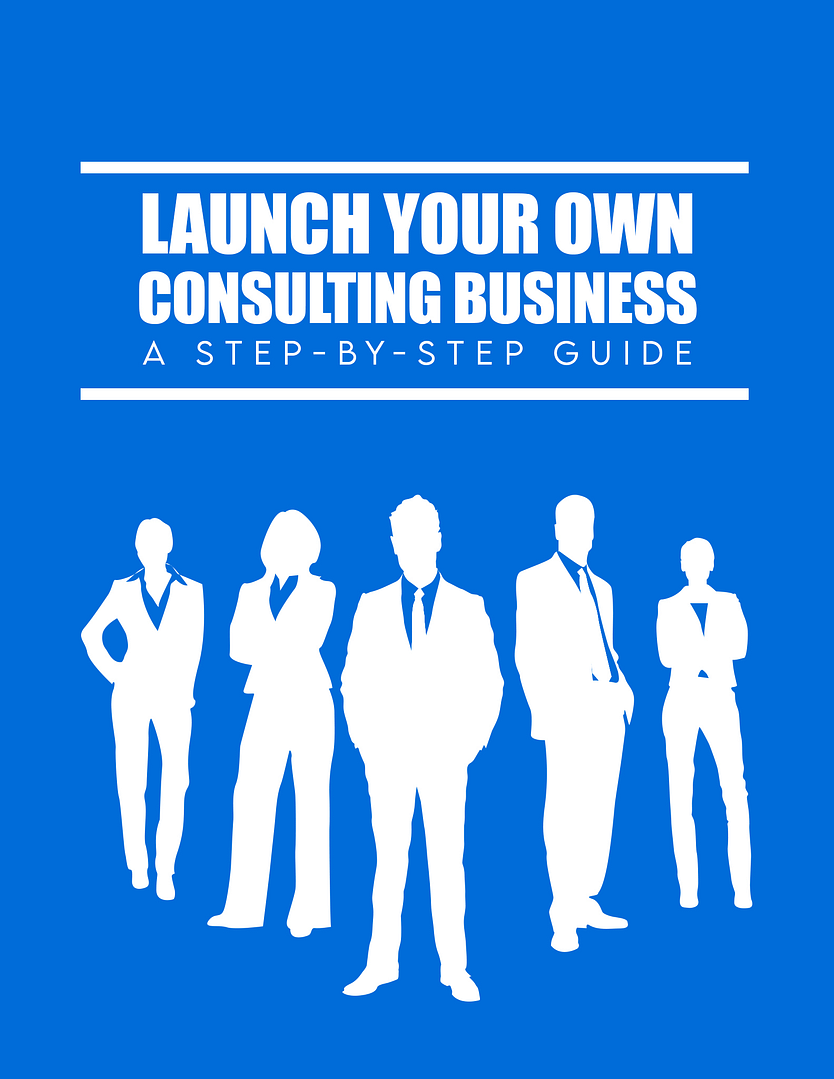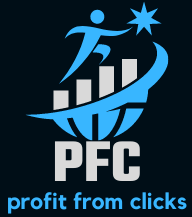
Top 9 Consulting Business To(abacus consulting)
abacus consulting
Consulting(abacus consulting) explanation in details in below artical

Consultation Meaning In Urdu


Medilink Consultant Clinics
Introduction
The consulting business has seen rapid growth as companies increasingly seek specialized knowledge to solve complex problems and streamline operations. Consulting businesses provide expert advice in various fields, from management and IT to marketing and finance. If you’re considering launching a consulting business or want to optimize an existing one, this guide will walk you through the essentials: understanding consulting services, crafting a solid business plan, setting up a consulting website, and implementing effective marketing strategies.
What is a Consulting Business?
In its simplest form, a consulting business offers expert advice to organizations or individuals. Consulting businesses operate across numerous industries, providing professional insights that help clients make strategic decisions, optimize operations, and achieve their goals.
Consulting Business Meaning
A consulting business is a professional service firm comprised of experts with deep knowledge in specific fields. Consulting firms can be small, one-person operations or large, multinational corporations. Common types of consulting services include:
- Management Consulting: Focused on improving organizational performance and processes.
- IT Consulting: Helps clients with technology strategies, systems integration, and cybersecurity.
- Financial Consulting: Offers financial analysis, tax advisory, and investment planning.
- Marketing Consulting: Assists in developing marketing strategies, branding, and digital marketing.
- HR Consulting: Provides advice on recruitment, employee training, and HR policies.
How to Start a Consulting Business
Starting a consulting business requires more than expertise; it takes careful planning, branding, and a robust strategy for gaining clients. Here’s a step-by-step guide to help you set up your consulting business.
Step 1: Identify Your Niche
Selecting a niche is essential for a consulting business, as clients prefer specialists with in-depth knowledge. Ask yourself these questions:
- What am I most knowledgeable and passionate about?
- Is there a demand for my services?
- Who are my competitors, and what unique value can I offer?
Step 2: Develop Your Consulting Business Plan
Creating a consulting business plan will help clarify your vision, mission, and goals. It’s also a necessary step if you’re seeking funding or investors. Here are the critical components of a consulting business plan:
- Executive Summary: Summarizes your business purpose, services, and objectives.
- Market Analysis: Understand your target audience, competition, and industry trends.
- Service Offerings: Clearly define the consulting services you’ll provide.
- Marketing Strategy: Outline how you’ll attract and retain clients.
- Financial Plan: Include projections, budget, and expected revenue streams.
- Operations Plan: Details on day-to-day activities, including staffing, software, and tools.
Step 3: Set Up Your Consulting Business Website
An engaging and informative consulting website is essential. Clients often rely on a website to learn more about your background, expertise, and services. Here’s what your consulting business website should include:
- Homepage: Briefly introduce your business, services, and value proposition.
- About Us Page: Showcase your experience, qualifications, and what sets you apart.
- Services Page: Provide detailed descriptions of your services, benefits, and potential results.
- Blog: Share industry insights, trends, and tips to demonstrate expertise and build credibility.
- Contact Page: Make it easy for clients to get in touch with you through email, phone, or a contact form.
- Testimonials/Case Studies: Display client reviews and success stories to build trust.
Step 4: Legal and Financial Setup
- Choose a Business Structure: Consider sole proprietorship, LLC, or corporation depending on your needs.
- Get Licenses and Permits: Check local regulations for required business licenses.
- Set Up Financials: Open a separate business bank account, keep track of income and expenses, and work with an accountant.
Consulting Business Services: Defining What You Offer
Your consulting business services are the core of your business. Defining them well ensures that clients understand exactly what they can expect.
- Describe Services in Detail: Use precise language to explain each service, the process, and the expected outcomes.
- Offer Packages: Simplify client decisions by offering service packages tailored to specific needs (e.g., strategy consultation, implementation, or ongoing advisory).
- Highlight Results: Use real metrics and case studies to show how clients benefit from your expertise.
Consulting Business Ideas
The consulting industry offers countless opportunities, and choosing the right idea can align with your skills and the market’s needs. Here are some consulting business ideas across different domains:
- Financial Consulting: Advising on investments, tax planning, or corporate finance.
- Marketing and Branding Consulting: Helping businesses improve brand identity and reach target audiences.
- Sustainability Consulting: Guiding businesses on eco-friendly practices, sustainable supply chains, and energy efficiency.
- Healthcare Consulting: Offering insights on regulations, patient care improvement, and digital transformation in healthcare.
- Sales Consulting: Training sales teams, building sales strategies, and optimizing sales processes.
- Human Resources Consulting: Providing support with recruitment, training, and compliance.
- Digital Transformation Consulting: Assisting organizations in adopting and optimizing new technologies.
Marketing Strategy for a Consulting Business
Marketing a consulting business requires a thoughtful approach that establishes credibility, showcases expertise, and builds client relationships. Here are some powerful marketing strategies:
1. Content Marketing
Content marketing is highly effective for consulting businesses. Publish articles, guides, and case studies to provide value to potential clients. Here are some content ideas:
- Blog posts on current trends, challenges, and solutions in your niche.
- Whitepapers and eBooks that explore topics in depth.
- Case studies that show the positive impact of your consulting services.
2. Networking and Events
Building connections within your industry is invaluable. Attend conferences, webinars, and networking events to connect with potential clients and industry peers. Additionally, speaking at events or hosting webinars can position you as a thought leader.
3. Social Media Marketing
LinkedIn, Twitter, and Facebook are popular platforms for consulting businesses. Use them to share insights, company updates, and engage with industry discussions. Here are some ways to use social media effectively:
- Share informative posts, like tips, trends, and insights related to your field.
- Use LinkedIn’s publishing feature to share in-depth articles.
- Join relevant groups and discussions to connect with your target audience.
4. Email Marketing
Building an email list allows you to nurture potential clients over time. Send regular newsletters that provide value—such as industry updates, tips, and news about your consulting services. Include calls-to-action that encourage readers to contact you or visit your website.
5. SEO and Paid Advertising
Use SEO (Search Engine Optimization) to increase your website’s visibility on search engines. Keywords like “consulting business services” and “consulting business website” can help your website rank higher on search engine results pages. You may also consider using Google Ads to target clients actively searching for consulting services.
6. Client Referrals and Testimonials
A strong reputation is crucial in the consulting industry. Encourage satisfied clients to provide testimonials and refer you to others. Display these on your website and marketing materials, as they build trust and demonstrate the value you bring to clients.
Creating a Winning Consulting Business Plan
A consulting business plan provides a clear roadmap for your consulting practice. In addition to helping secure funding, it ensures that you stay focused on your goals. Here are a few tips to create an effective plan:
- Executive Summary: A concise overview of your business and its mission.
- Services and Market Analysis: Define what services you offer and detail your target audience, market size, and competitive landscape.
- Marketing Plan: Outline strategies for attracting and retaining clients.
- Financial Projections: Include estimated income, expenses, and profit margins.
- Milestones and KPIs: Define your business goals, along with measurable key performance indicators (KPIs) to track your success.
Conclusion
A consulting business can be a fulfilling and profitable venture, offering significant value to companies and individuals across industries. With the right combination of expertise, a well-crafted business plan, an engaging website, and a strong marketing strategy, you can establish a thriving consulting business. Whether you’re interested in management consulting, IT, finance, or another niche, remember that success in consulting depends on building relationships, demonstrating expertise, and continuously adapting to industry changes. By following these steps, you’ll be well on your way to building a successful consulting business.




One thought on “Top 9 Consulting Business To(abacus consulting)”